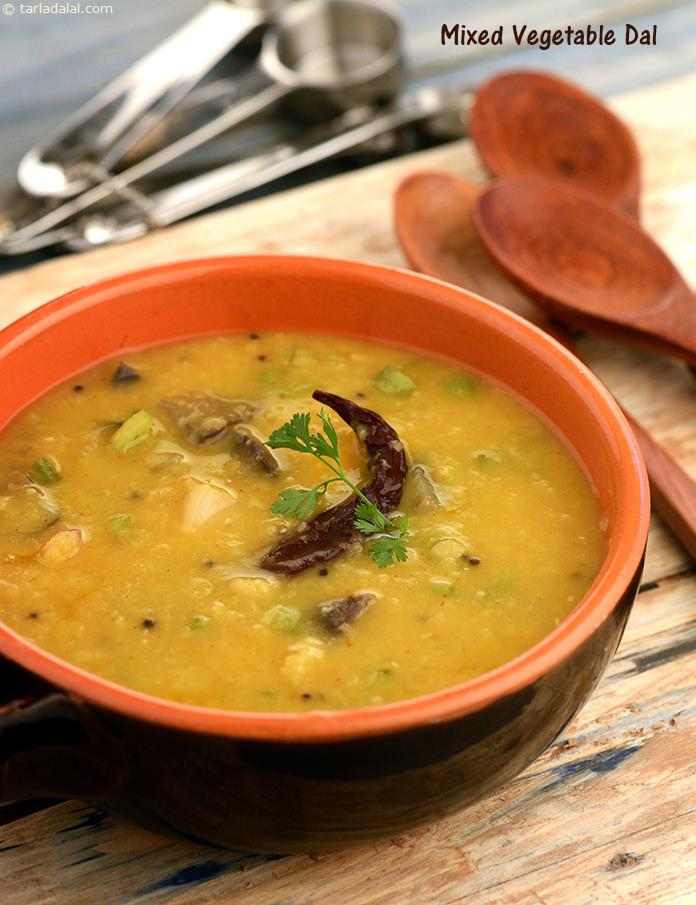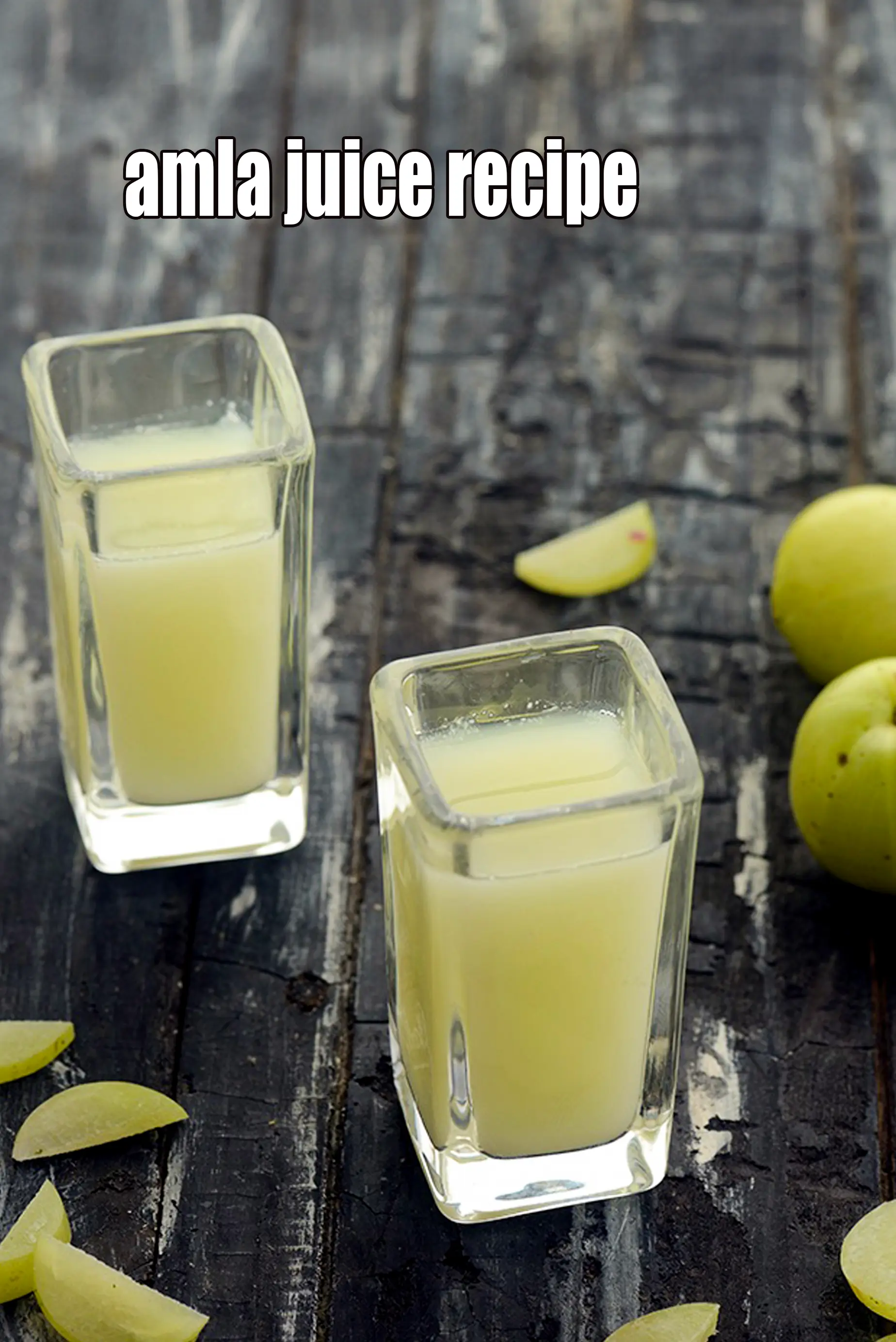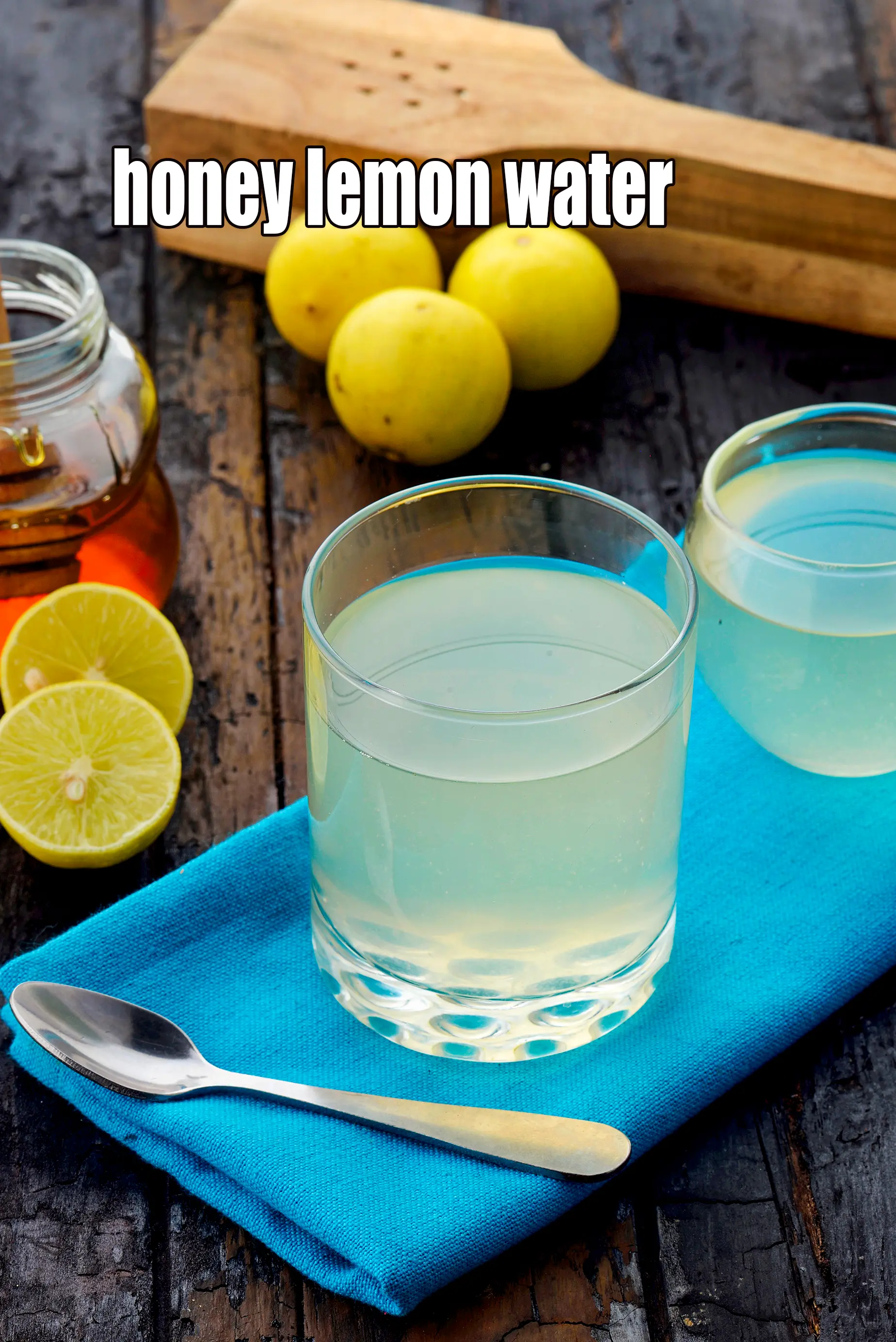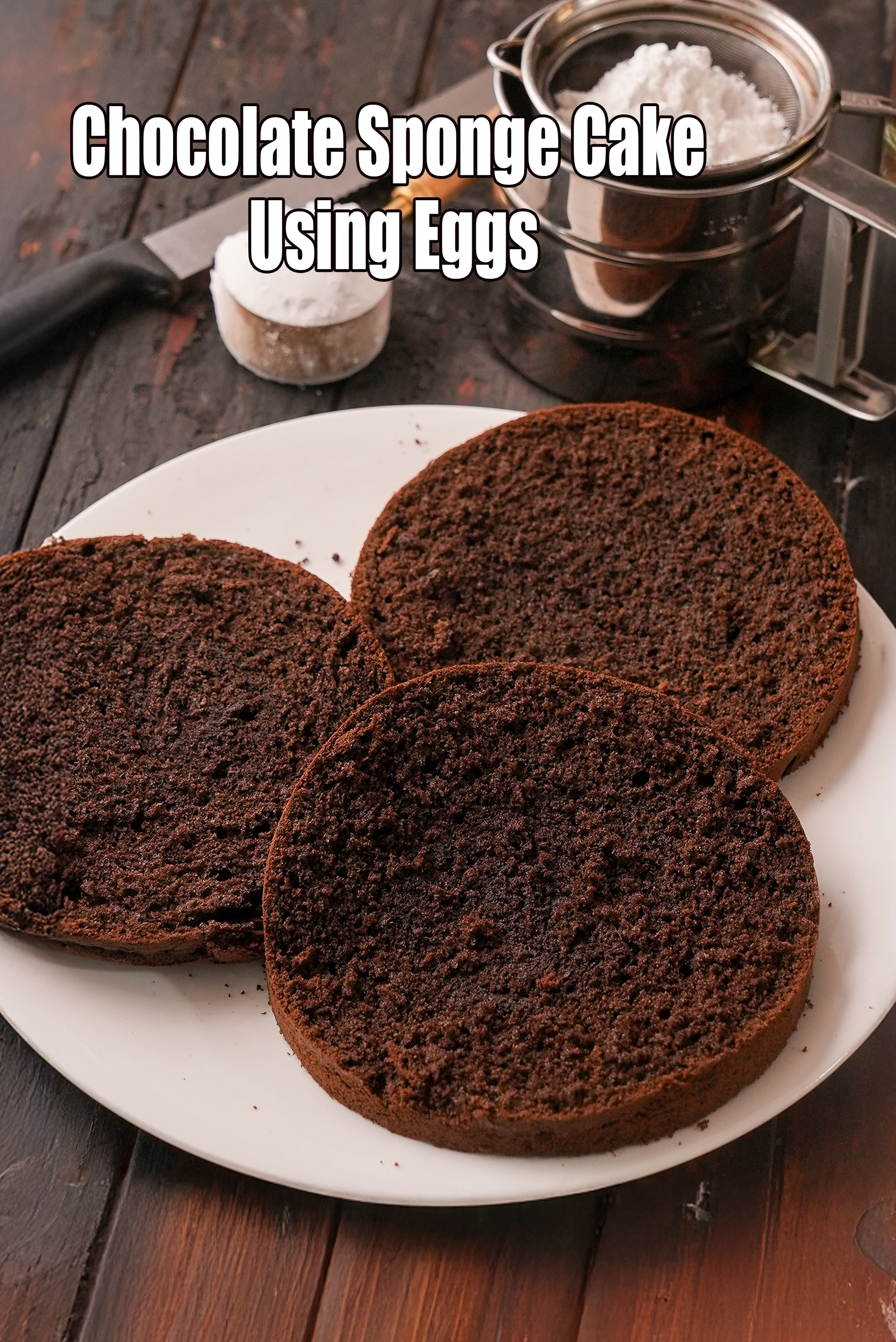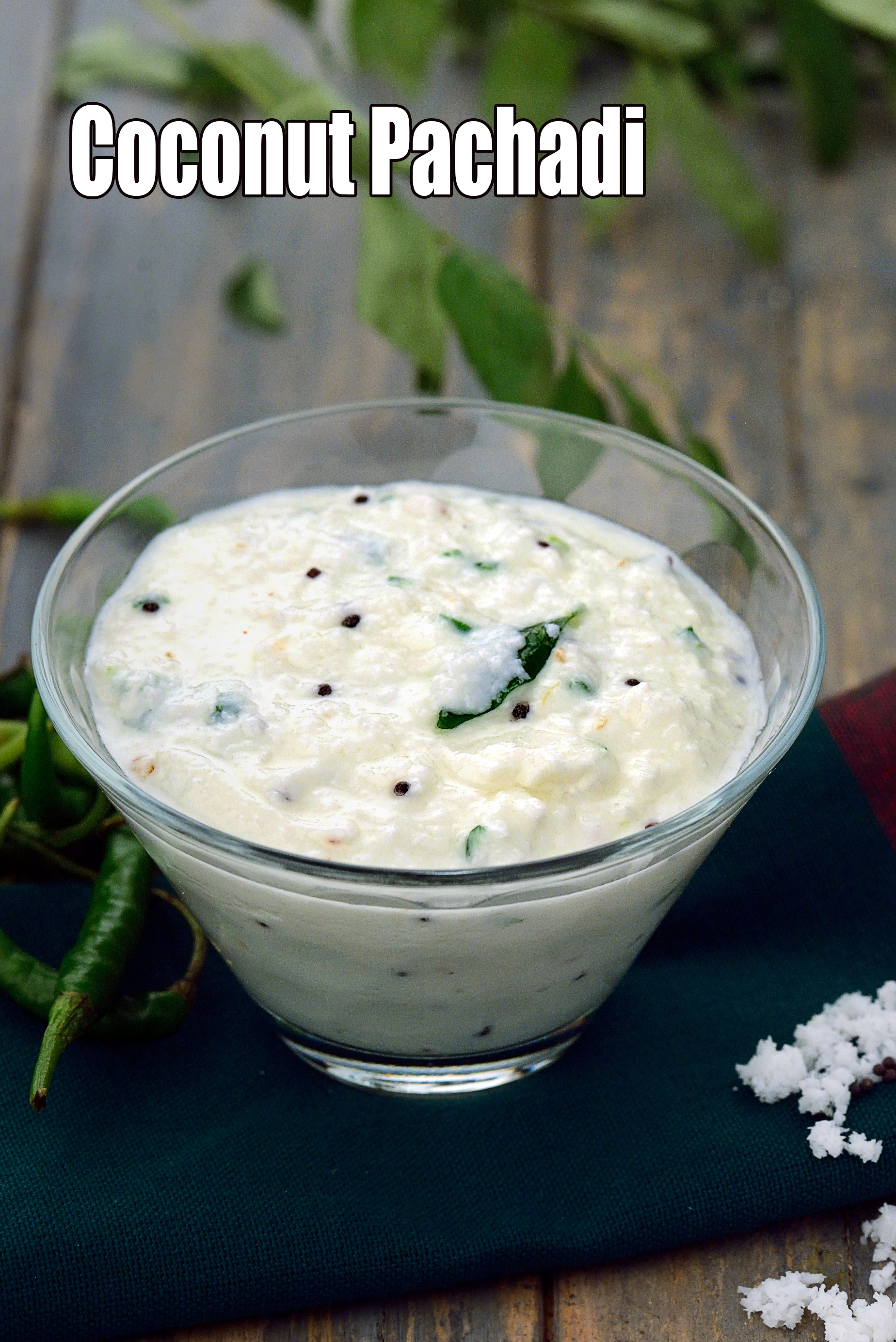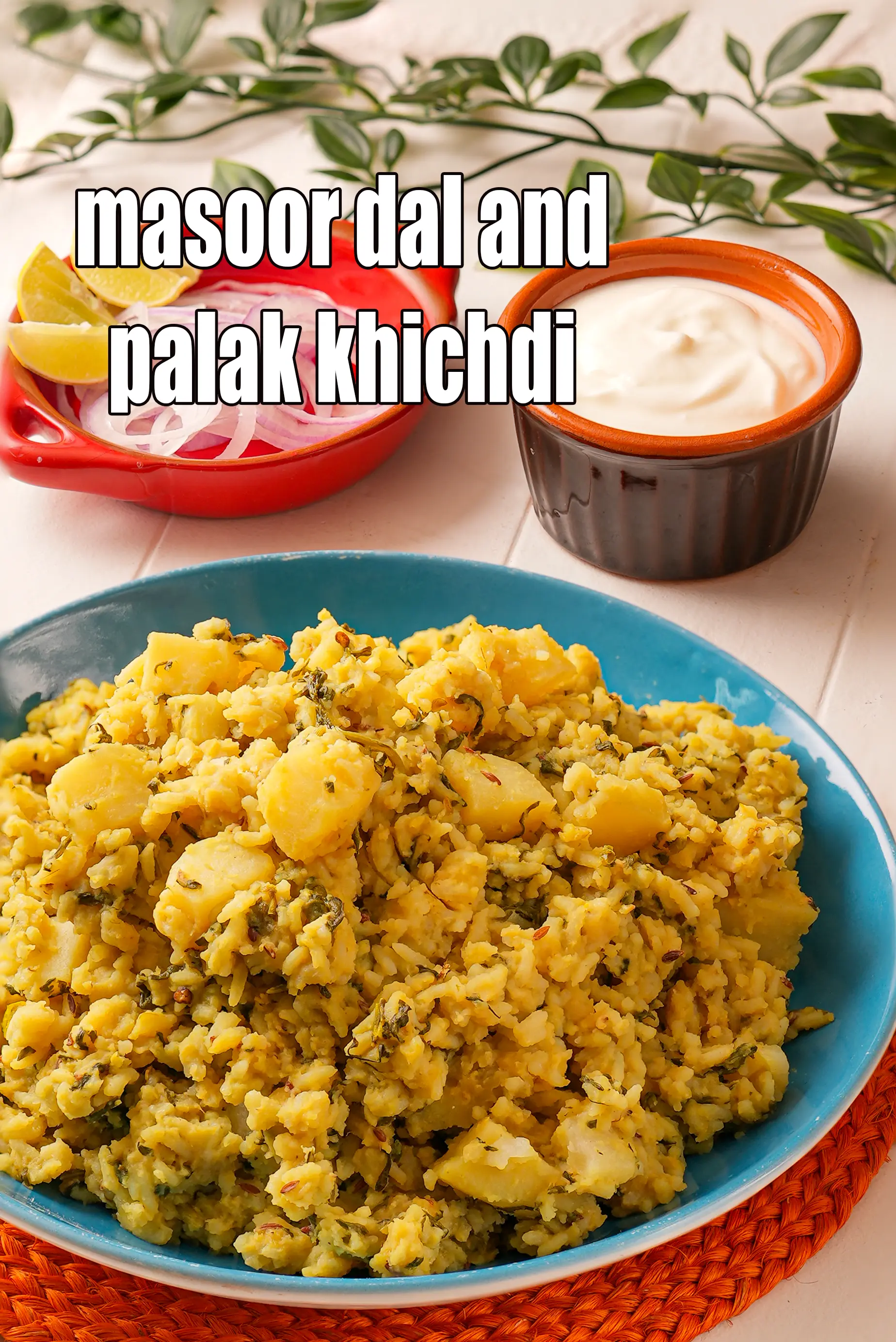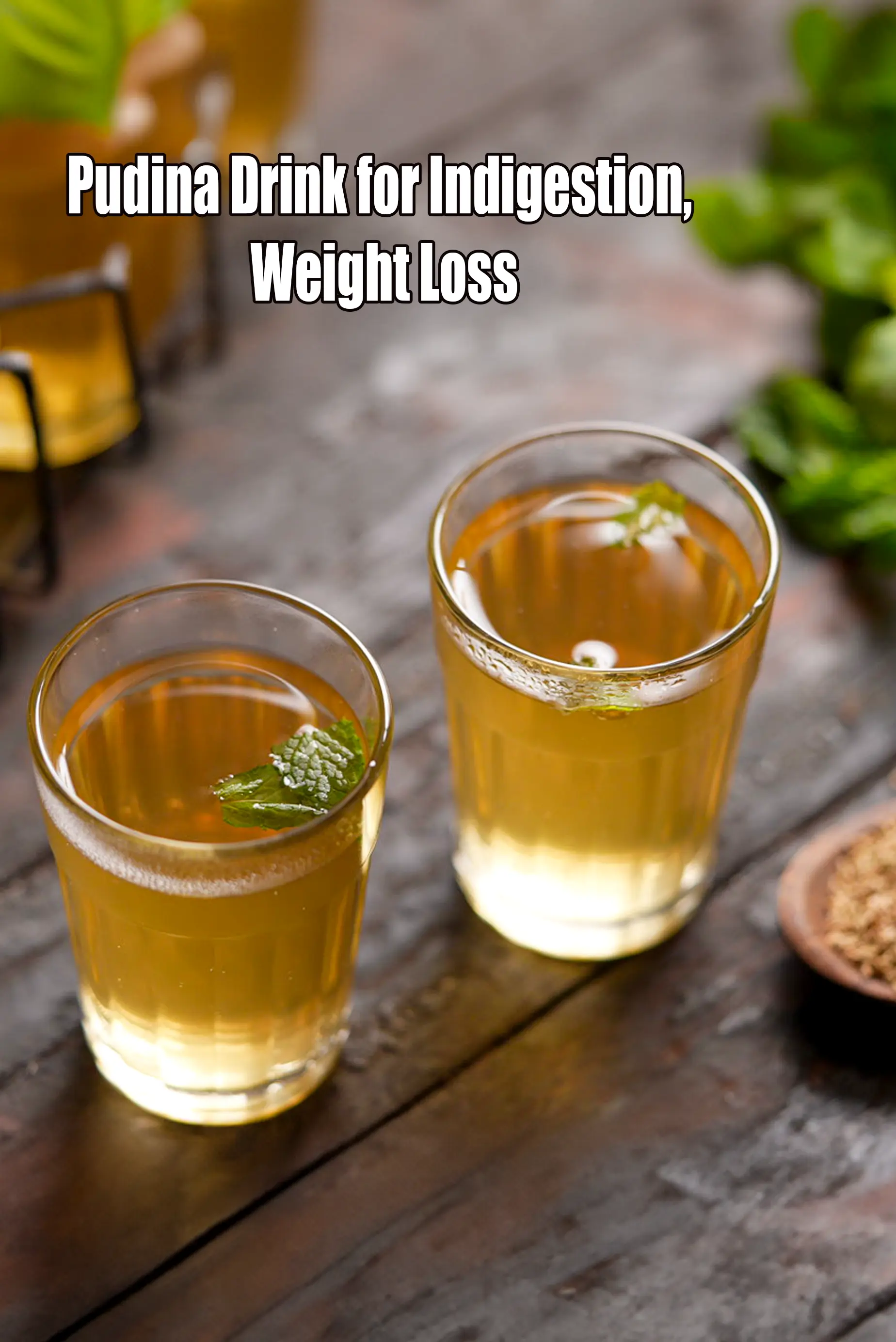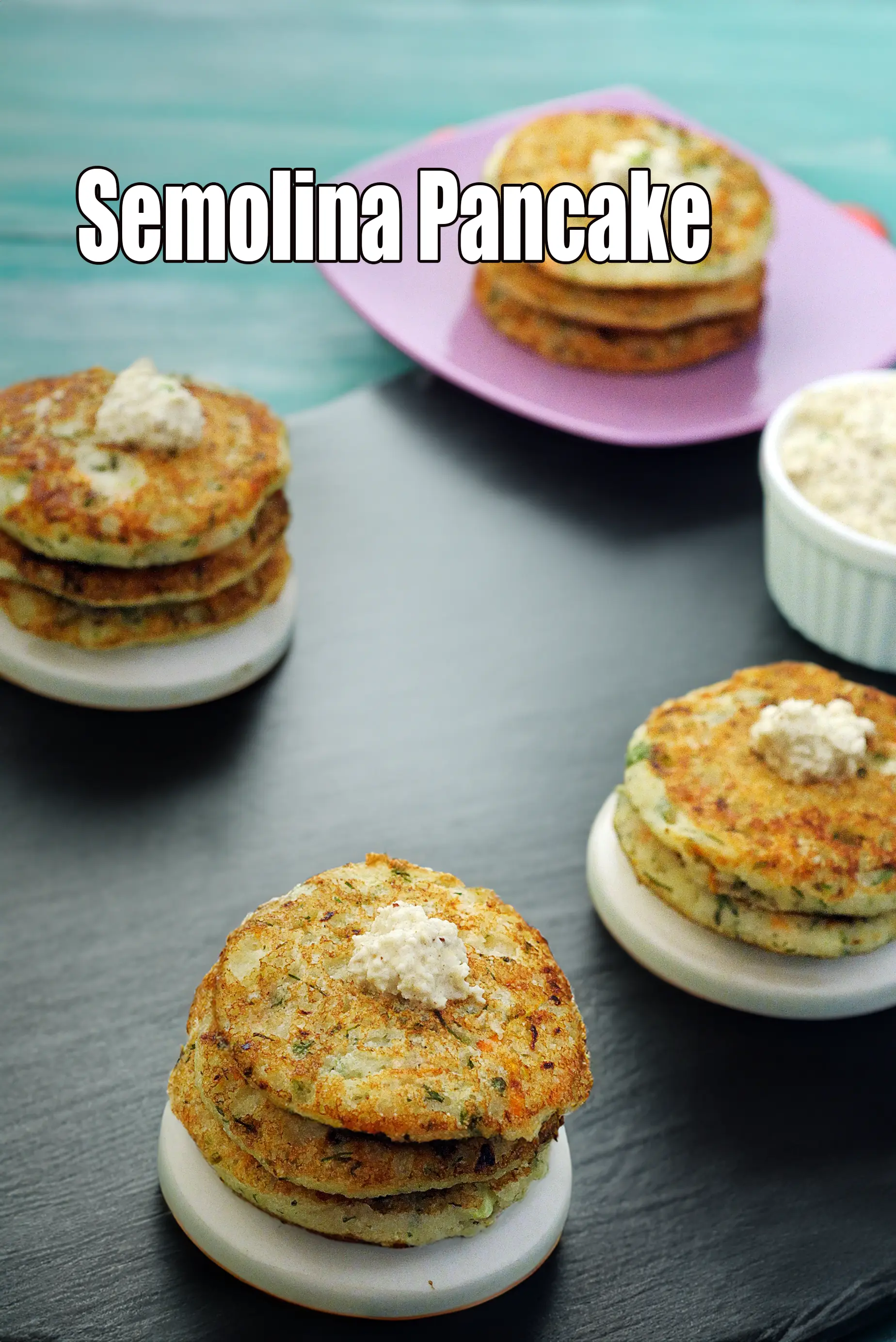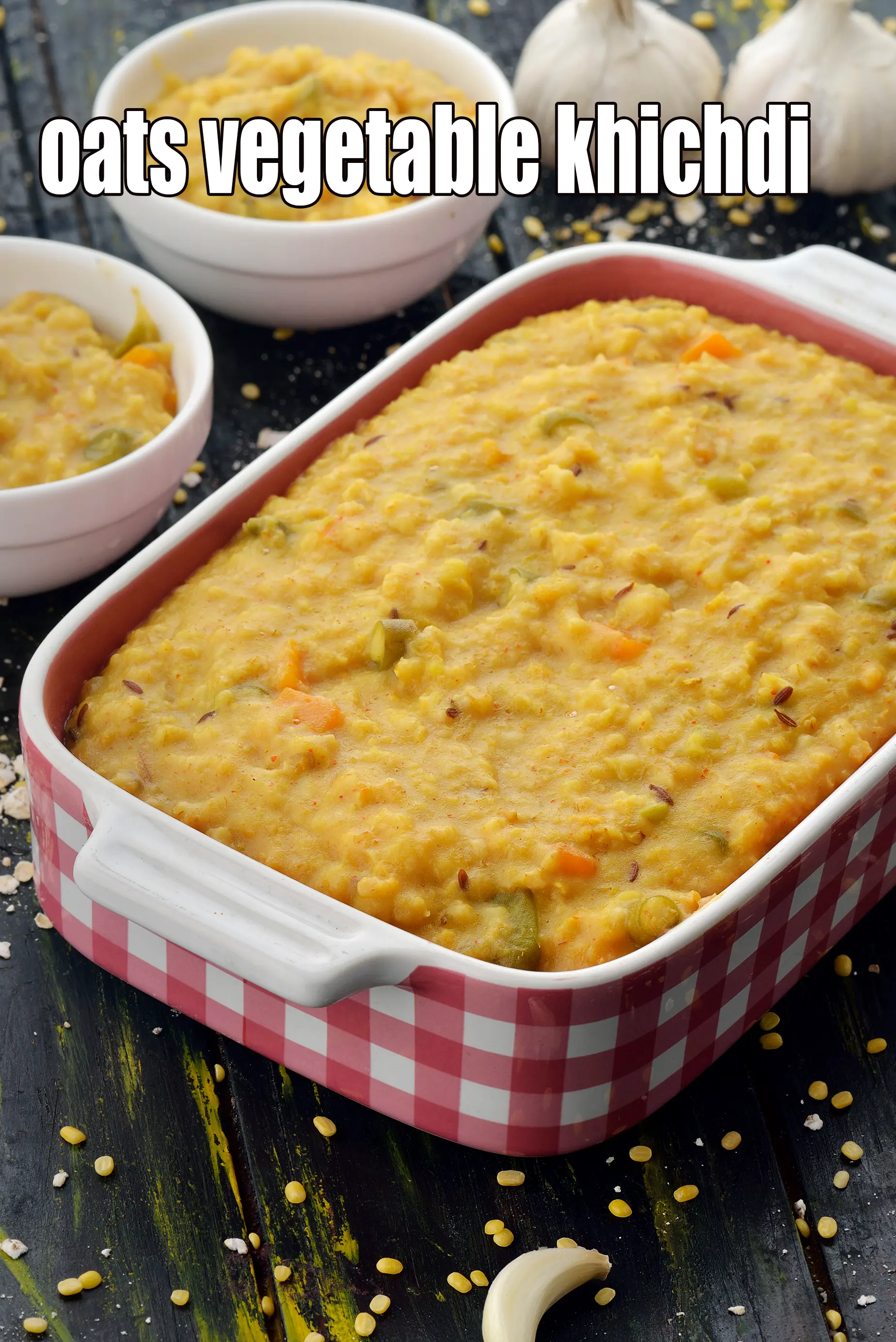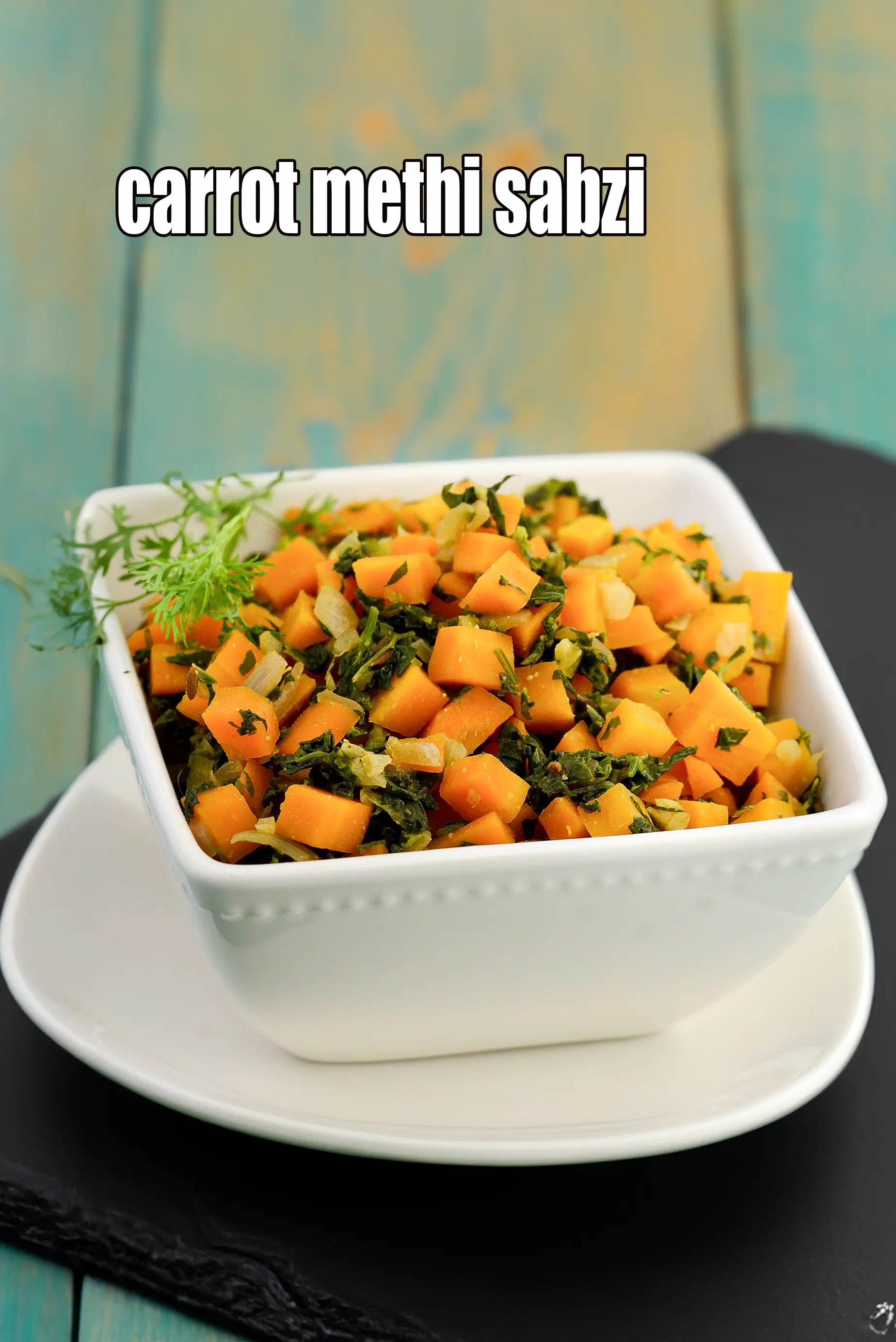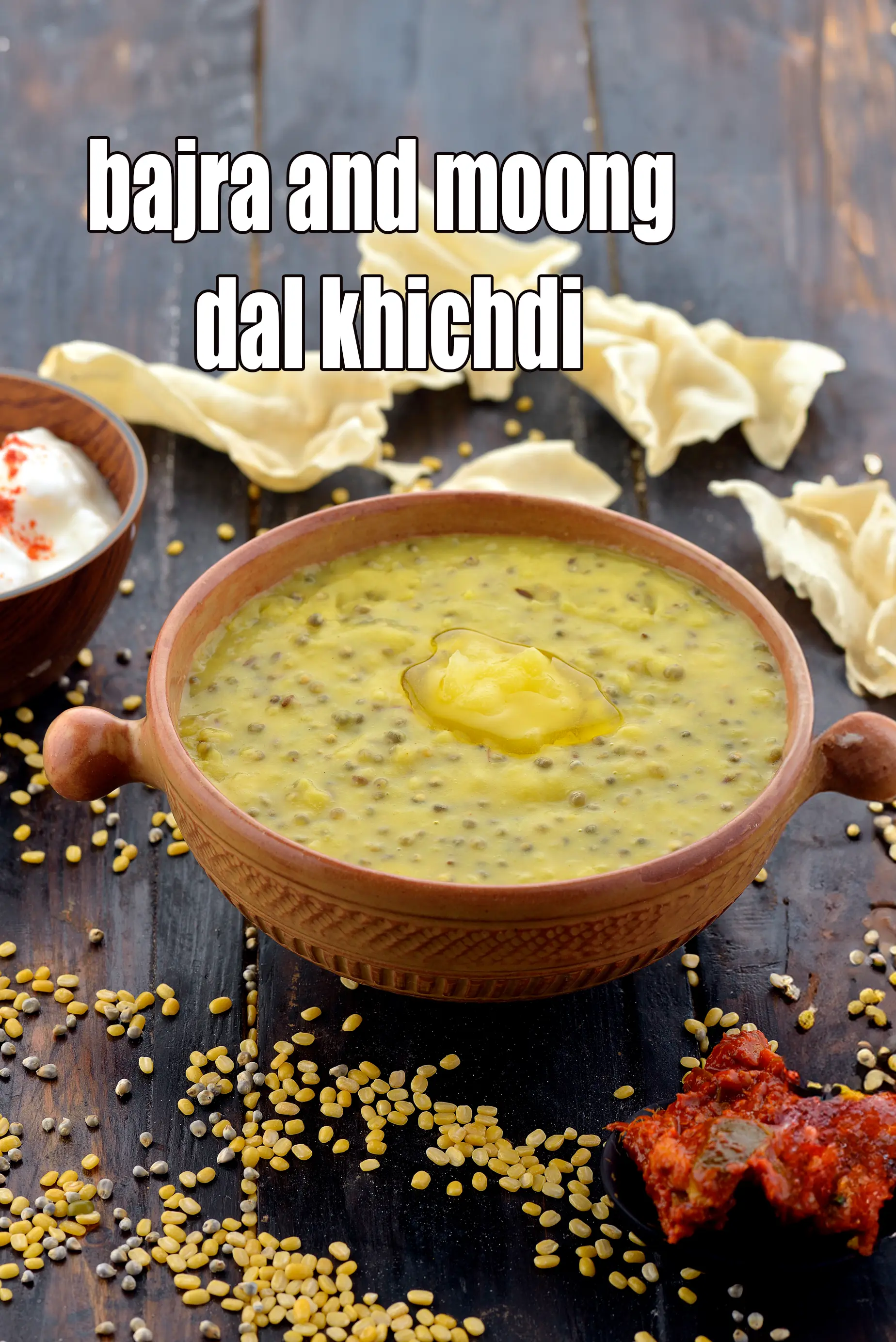Nutritional Facts of Mixed Vegetable Dal, Calories in Mixed Vegetable Dal
This calorie page has been viewed 13626 times
Table of Content
How many calories does one serving of Mixed Vegetable Dal have?
One serving of Mixed Vegetable Dal gives 101 calories. Out of which carbohydrates comprise 63 calories, proteins account for 20 calories and remaining calories come from fat which is 18 calories. One serving of Mixed Vegetable Dal provides about 5 percent of the total daily calorie requirement of a standard adult diet of 2,000 calories.
See recipe Mixed Vegetable Dal.
This irresistible Mixed Vegetable Dal is a chock-full of nutritious vegetables like kaddu, gavarfali and baingan along with a combination of toovar and masoor dals, which makes a wholesome meal in its own right. Instead of cooking the vegetables in oddles of oil, we have cooked them in water to reduce the use of oil, and to retain more of the nutrients. The amount of jaggery used in this recipe is also less as compared to other sweet dals.
Mixed Dal is a perfect combination of protein and fibres along with vitamins and minerals.
Mixed Dal has two types of dals, toovar and masoor dal which are high in proteins as well as B complex vitamins like Folic Acid which is essential for improving the Red Blood Cell (RBC'S) count of the blood.
Vitamin A from the vegetables is important for the good eye health while vegetables rich in anti-oxidants are essential in improving the immunity function of the body to fight against stress and infections.
Minerals like calcium and phosphorous are important for bone and potassium for heart.
It is a low calorie recipe which can be combined with Multigrain Rotis or Brown Rice Pulao for a meal.
Is Mixed Dal healthy?
Yes, this is healthy. But restrictions apply to some.
Let's understand the Ingredients.
What's good.
Red Pumpkin ( kaddu, bhopla) : A cup of pumpkin cubes fulfils your day’s requirement of Vitamin A (5526 mcg), thus making it a super food for your eyes. Kaddu can be included in safe amounts or restricted amounts by diabetics. The magical combo of antioxidants and Vitamins A and Vitamin C create a shield against cancer cells. The antioxidants help reducing LDL cholesterol (bad cholesterol) from oxidizing and clogging the blood vessels, which if persists would increase the risk of heart disease. Read is pumpkin healthy?
Brinjal (baingan, eggplant) : Foods like Brinjal have a low glycemic index and good for weight loss. Brinjals are a very good source of fibre. It also prevents blood glucose from shooting up and is good for diabetics. Brinjals are rich in folate, which is required for producing Red Blood Cells (RBC’s) and also helps to prevent anaemia. See all the 7 amazing benefits of baingan.
Guar, Gavar, Cluster Beans : Guar has a low glycemic index, which along with high fiber count (5.4 g / cup) makes it a highly suitable choice for diabetics. Gavar should be on top of the list for those on low carb diet and weight loss diet. They reduce the bad cholesterol (LDL) and total cholesterol and thus keep the levels under check. The fibre also has the ability to lower blood pressure from this sabzi. Both of these together benefit the heart. See detailed benefits of gaur gavar.
Onions (pyaz, kanda) : Raw onions are a very valuable source of vitamin C – the immune building vitamin. Along with other phytonutrients from onions, it helps to build WBC (white blood cells) which serves as a line of defence against illness. Yes, it’s a source of many antioxidants, the most important one amongst them being Quercetin. The quercetin in Onions promotes production of HDL (good cholesterol) and lowers total cholesterol in the body. The sulphur in onions act as a blood thinner and prevents blood clotting too. This in turn would lower blood pressure and good for heart, diabetics. Read the benefits of onions.
Toor Dal (tuvar dal, arhar dal, toovar dal) : Toor dal is rich in proteins, the building block of good health. It is High in fiber and diabetic and heart friendly also. Being an excellent source of folic acid, pregnant women must include toor dal in their daily diet. Being an excellent source of fibre it helps in preventing and relieving gastric problems like constipation. See detailed benefits of toor dal.
Masoor Dal (split red lentils), Whole Massor : 1 cup of cooked Masoor dal gives 19 grams of protein. Being rich in Phosphorus it works with Calcium to build our bones. Whole Masoor or masoor dal is rich in Folate, Vitamin B9 or Folic Acid which helps your body to produce and maintain new cells, especially red blood cells. Masoor dal is is good for diabetics and a healthy heart. See detailed 10 health benefits of masoor dal.
Tamarind : Tamarind is a good source of antioxidant polyphenols which exhibit anti-inflammatory properties. This can protect different organs of the body like heart, liver, skin etc. Some research shows that it helps to lower blood cholesterol too. It has negligible amount of fat, but on the other hand, tamarind is pretty high on calorie scale. So one needs to be very cautious about the quantity consumed. Tamarind is a rich source of vitamin C, fibre, potassium, magnesium and other nutrients necessary for good health. Some people are allergic to tamarind, while others may experience diarrhoea with excess consumption as imli is also known for its laxative properties.
Mustard Seeds: Tiny little mustard seeds, mostly added as a tempering, lend an interesting bite, exotic flavour and tempting aroma to Indian foods. Mustard seeds are from the mustard plant, which is a cruciferous vegetable related to broccoli, Brussels sprouts and cabbage.
Benefits of Cloves : Cloves are the immature unopened flower buds of a tropical tree. The four-pointed flower bud with a tapered stem measures 12-16 mm, and looks like a small nail. Indians have long used cloves to treat indigestion, diarrhoea, hernia, and ringworm, as well as athlete's foot and other fungal infections. India's traditional Ayurvedic healers have used cloves since ancient times to treat respiratory and digestive ailments and its oil for toothache. It has powerful antiseptic and mild anaesthetic actions. When boiled with water and gargled, cloves are a good antibacterial mouthwash, which can help to combat bad breath and relieve a sore throat. Cloves are said to restore the appetite, and hence recommended for people with digestive disorders. Cloves are effective at clearing up a number of skin disorders such as acne, sores or ulcers. It has antioxidant properties, owing to the compound eugenol in it. Eating cloves is said to be aphrodisiac.
Benefits of Cinnamon, dalchini, cinnamon powder : Cinnamon with its antioxidant power has the ability to reduce inflammation in the body and thus reduce the risk of various chronic diseases like heart disease, diabetes, cancer etc. Cinnamon since ages has been known to be beneficial for diabetics. Diabetes is a disease which occurs due to insulin resistance. Intake of cinnamon is said to reduce this resistance and instead improve insulin sensitivity in cells thereby helping to maintain normal blood sugar levels. cinnamon helps to reduce the blood cholesterol and triglyceride levels and thus prevents clot formation. See detailed benefits of cinnamon.
Kashmiri chilli: Like red chillies, Kashmiri chillies also have vitamin C, though in smaller quantites than the fresh red chillies. This helps to boost immunity and improve skin health. They also have minute amounts of copper, potassium, manganese, magnesium and iron along with B vitamins. Small amounts of Kashmiri chilli powder can aid digestion, but more quantity can affect the lining of the digestive tract.
Hing ( Asafoetida) : The active compound 'coumarin' helps in managing blood cholesterol and triglyceride levels. Asafoetida is known to have anti-bacterial properties, which helps to keep asthma at bay. Asafoetida is an age-old remedy for bloating and other stomach problems like flatulence. The best solution is to gulp down little hing with water or dissolve it in water and sip it. It can also be used along with curd or almond oil as a hair mask. It helps to prevent dryness of hair and smoothen as well as strengthen hair.
Turmeric Powder (Haldi) : Turmeric helps in digestion of food thus helping to overcome indigestion. Haldi may help in reducing the growth of fat cells in the body. Turmeric, being rich in iron, is highly valuable in the treatment of anaemia and both the root as well as the powder should be a regular part of an anaemic diet. One of the health benefits of turmeric is it’s anti-inflammatory property due to the active compound, Curcumin, which helps to relieve inflammation of the joints and thus is a ladder to relieve pain related to arthritis. The curcumin in haldi also helps to ward of the bacteria’s causing cold, cough and throat irritation. Turmeric benefits in diabetes management by lowering blood glucose levels. Its antioxidant and anti-inflammatory effects are useful in the treatment of diabetes patients. It is known to be a good brain food and keep diseases like Alzheimer’s at bay. See here for detailed turmeric benefits.
Lemon, Lemon Juice : Lemon is a very good source of Vitamin C and thus helps in the production of white blood cells and antibodies in the blood which attacks invading microorganisms, prevents infection and builds immunity. Therefore, Lemon juice is given to prevent common cold. The ascorbic acid in lemon juice helps in absorption of iron from the food. So if you’re iron deficient or have anaemia squeeze a lemon on iron rich recipes. See detailed benefits of lemon, lemon juice.
What's the problem?
Jaggery (Gur) : When compared to sugar, which provides only empty calories, jaggery is considered to be a superior natural sweetener. Sugar is definitely one of the causes of many chronic diseases, but jaggery too needs to be consumed in moderate amounts. What you would consume is just about a tbsp (18 g) or a tsp (6 g). While those with heart diseases and weight loss can have a dessert made with this quantity of jaggery occasionally as an option to refined sugar, but diabetics need to avoid this sweetener too as it can spike blood sugar levels instantly. Read is jaggery healthy for complete details.
Vegetable Oils : To some vegetable oil is only soyabean oil, while some promote it as a mix of oils like soyabean, canola, sunflower, corn and other omega-6 rich oils. These are often cheaper options than many oils, but they are highly processed oils. They are undoubtedly not to be reached out for, whether you are looking for salad dressings, sautéing or cooking. The 5 best oils used in cooking are olive oil (low temperature short time cooking), avocado oil, canola oil, coconut oil and peanut oil. You must read the super article to find the facts of which oil is the healthiest avoid vegetable oil.
Note : 1 cup = 200 ml (standard cup available in the market). The weight in grams varies for each ingredient.
Can diabetics, heart patients and overweight individuals have Mixed Vegetable Dal?
Yes, this recipe is good for diabetics, heart and weight loss. When you take an assortment of vegetables you get more nutrients as each vegetable has its own plus points. Super for weight loss also as there is hardly any oil used.
Can healthy individuals have Mixed Vegetable Dal?
Yes, this is healthy.
Mixed Dal is healthy and good for/in
1. Folic Acid
2. Proteins
3. Eyes
4. Low Calorie
5. Diabetics
One serving of Mixed Vegetable Dal is high in
1. Fiber : Dietary fiber reduce the risk of heart disease, prevent the spike in blood sugar levels and hence super for diabetics. Consume more fruits, vegetables, moong, oats, matki, whole grains.
2. Vitamin B1 : Vitamin B1 protects nerves, helps in carbohydrate metabolism, prevents heart diseases and helps produce red blood cells.
3. Vitamin C : Vitamin C is a great defence against coughs and colds.
4. Folic Acid : Folic acid is an essential vitamin required throughout pregnancy.
5. Phosphorus : Phosphorous works closely with calcium to build bones.
Note : a recipe is deemed high in a Vitamin or mineral if it meets 20% and above the recommended daily allowance based on a 2,000 calorie diet.
How to burn 101 calories that come from one serving of Mixed Vegetable Dal?
Walking (6 kmph) = 30 mins
Running (11 kmph) = 10 mins
Cycling (30 kmph) = 13 mins
Swimming (2 kmph) = 17 mins
Note: These values are approximate and calorie burning differs in each individual.
| Energy | 101 cal |
| Protein | 5 g |
| Carbohydrates | 16.2 g |
| Fiber | 2.6 g |
| Fat | 2 g |
| Cholesterol | 0 mg |
| Vitamin A | 65.9 mcg |
| Vitamin B1 | 0.1 mg |
| Vitamin B2 | 0 mg |
| Vitamin B3 | 0.7 mg |
| Vitamin C | 4.2 mg |
| Folic Acid | 25.5 mcg |
| Calcium | 27.6 mg |
| Iron | 1.1 mg |
| Magnesium | 23.6 mg |
| Phosphorus | 71.2 mg |
| Sodium | 5.1 mg |
| Potassium | 219.4 mg |
| Zinc | 0.4 mg |
Click here to view Mixed Vegetable Dal
Calories in other related recipes
